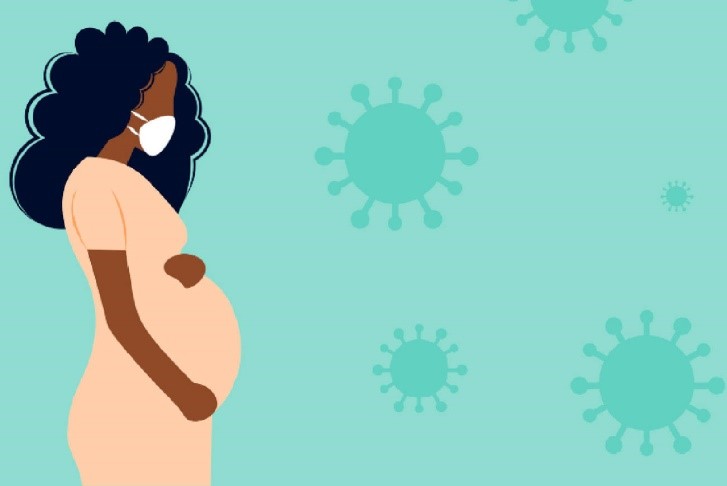Despite analyses suggesting that both the AstraZeneca and the Pfizer-BioNTech jabs reduce hospitalisation rates by 92-96%, people are still reluctant to have the vaccine for a number of reasons I will highlight.

- Firstly, those from marginalised backgrounds are more distrustful of the vaccine because of previous bad experiences of treatment. For example, black women in the UK are five times more likely to die from childbirth than white women because of not being treated equally. The focus in the media on ethnic minority groups can make people even more suspicious.
- The lack of trust in leaders can make young women worry that the vaccine can cause infertility, which has happened in some countries in the past when their governments had their own hidden agenda (before covid).
- Pregnant women in particular would have heard constant changing and conflicting advice throughout the pandemic. Pregnant women have not been used in any of the vaccination trials, yet are being told that it is safe to have the vaccine. The inconsistent advice from the people in charge can make the general public feel insecure and unable to trust them.

- Lack of access to a nearby vaccinating centre, and lack of communication from trusted providers. The general public has for some part been expected to just go along with everything with little information to rely on. Some people are simply deterred by the inconvenience of getting to the vaccination centre.
Hopefully after reading this you can have some more empathy for those that are hesitant about the vaccine, and help them feel more confident by giving them information about the facts. Hopefully, with more effort to make marginalised groups feel respected in our society, more will decide to take the vaccine. Strict supply, distribution, logistics and management procedures and practices means that the safety of the vaccine is being prioritised. To learn more about Laboratory Relocation, visit Aport.














+ There are no comments
Add yours